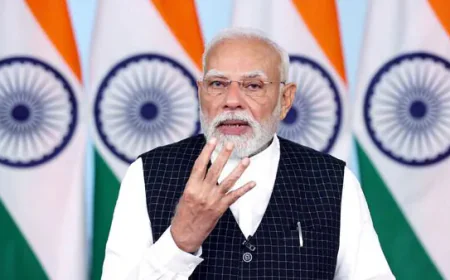EU sanctions do not hinder global supply-purchase; envoy argued in support of the decision
Sanctions on Russia: EU envoy Herve Delphin said, the price limit of Russian oil has been reduced from $ 60 per barrel to $ 47.6 per barrel in the 18th sanctions package, aimed at further reducing the revenue that fuels Russia's military efforts in Ukraine.

Ambassador Herve Delphin of the European Union (EU) delegation to India stated on Saturday that the sanctions on Russian oil, energy, banking, and defense sectors aim to weaken Moscow's war economy while maintaining stability in the global oil market.
Referring to the targeting of an India-based refinery in the EU sanctions policy against Russia on exports, Delphin emphasized that this policy does not prevent countries from purchasing Russian oil. This India-based refinery is owned by Rosneft, the leading company in Russia's refining industry. The EU envoy explained that the 18th sanctions package reduces the price cap on Russian oil from $60 per barrel to $47.6 per barrel, intended to further cut the revenue supporting Russia's military efforts in Ukraine.
Delfin mentioned, "we do not want the supply of the global oil market to be disrupted." He added that these measures are designed to lower the amount of revenue fueling Russia’s war economy. He further stated that this will diminish Russia’s income from oil exports. The EU envoy's clarification on the sanctions followed India's response, in which New Delhi said it does not support unilateral sanctions.
India also highlighted the importance of avoiding double standards. Delfin noted that the new adjustable price cap based on market prices provides a discount on Russian oil, benefiting buyers.












































































